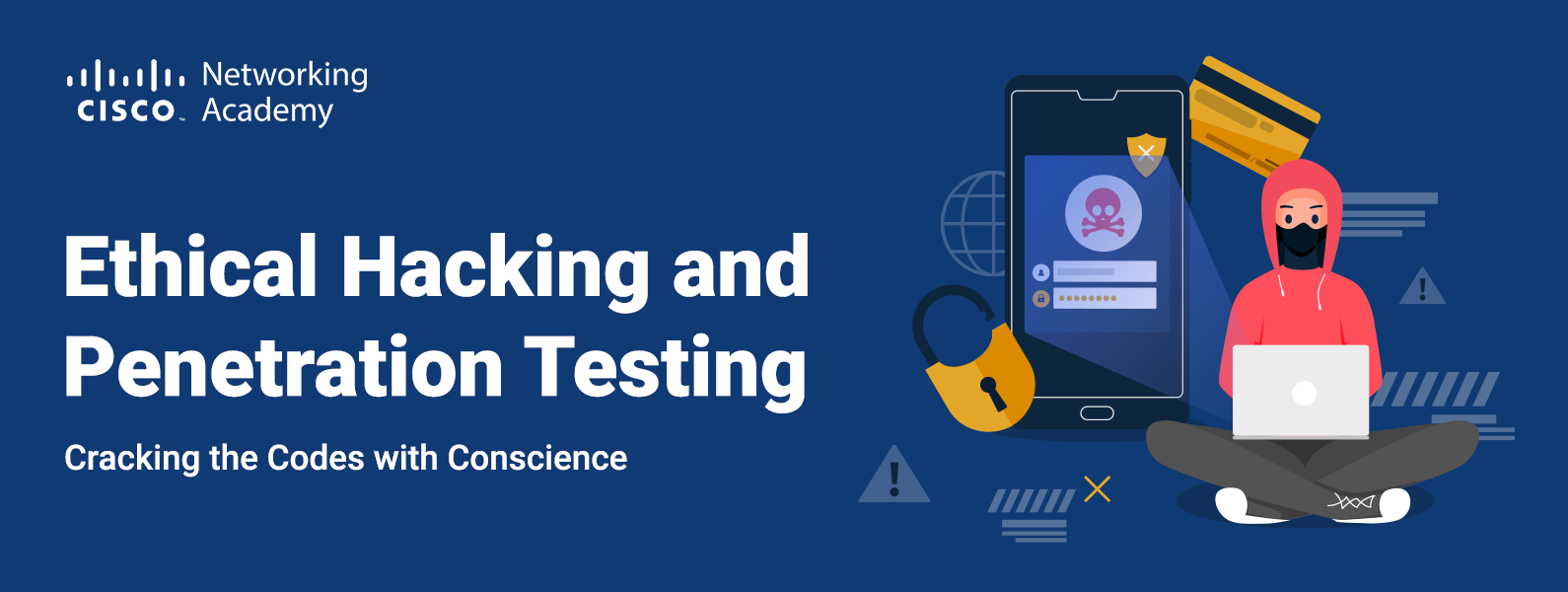
Vendor:
The digital landscape is evolving at an unprecedented rate and cyber threats lurk around every corner. Cybersecurity resilience in the modern world cannot be just an add on - it's a necessity. Offensive security professionals like ethical hackers and penetration testers can help proactively discover unknown threats and address them before the cybercriminals do. This course is designed to prepare you with an Ethical Hacker skillset and give you a solid understanding of offensive security. You will become proficient in the art of scoping, executing, and reporting on vulnerability assessments, while recommending mitigation strategies. Follow an engaging gamified narrative throughout the course and get lots of practice with hands-on labs inspired by real-world scenarios.
Understand Cybersecurity Fundamentals: Grasp the foundational concepts, terminologies, and challenges in the cybersecurity realm.
Ethical Hacking Principles: Learn the ethics and legal considerations of hacking, ensuring activities are always within the bounds of legality and morality.
Penetration Testing Techniques: Acquire hands-on skills to conduct systematic penetration tests on computer systems, networks, and applications.
Vulnerability Assessment: Identify, analyze, and prioritize vulnerabilities in a system to ensure robust security measures.
Tools and Technologies: Familiarize with the latest tools, software, and methodologies used by ethical hackers and penetration testers.
Security Threats and Countermeasures: Understand various types of cyber threats and the appropriate defensive strategies against them.
Reporting and Communication: Learn to effectively communicate findings, risks, and recommendations to both technical and non-technical stakeholders.
Incident Response: Acquire skills to respond swiftly and efficiently to security breaches or incidents to minimize damage.
Hands-on Labs: Engage in practical simulations and exercises to apply theoretical knowledge in real-world scenarios.
Stay Updated: Emphasize the importance of continuous learning to keep abreast with the rapidly evolving cybersecurity landscape.